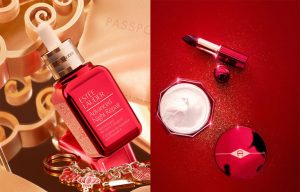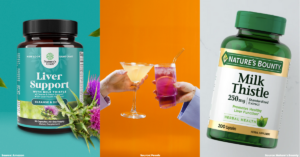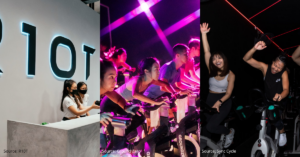Wellness Tips
What (and How) to Eat Before Any Kind of Workout
Should you eat before a workout, or is it better to go there on an empty stomach? What are the...
By: Dedet Panabi / January 6, 2020
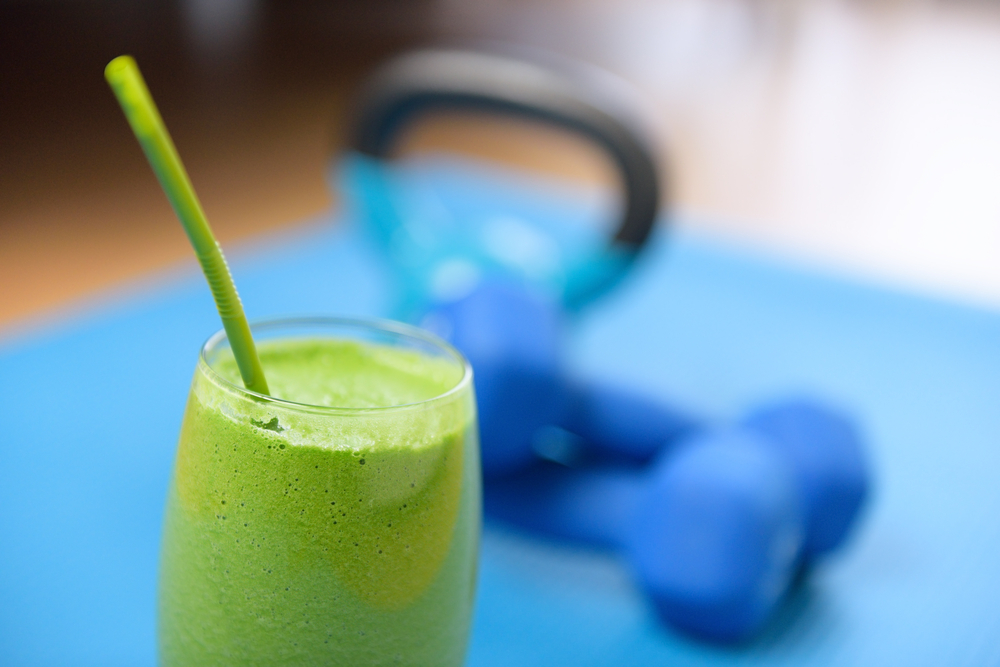
Should you eat before a workout, or is it better to go there on an empty stomach? What are the best snacks to have for a workout? How much should you eat, and how long should you wait after your meal? Experts answer all your questions about pre-workout snacks!
Contents
Why you need to eat before a workout
Trainers and fitness experts agree: you should never go to any kind of exercise session hungry.
“Think of food as the energy thatt fuels your workouts, not the weight that you’re trying to shed,” says Candice Cunningham, Atlanta-based trainer and nutrition consultant.
INutritionist Jessica Jones agrees. “Not eating enough before a workout can make you dizzy, lightheaded, nauseated, or lethargic. It can also make you more likely to injure yourself. And even if none of these things happen, skipping food can negatively impact your performance and reduce your gains.”
Choose your snack based on your routine
So what kind of food should you eat? It depends on your workout routine, and how much energy your body needs.
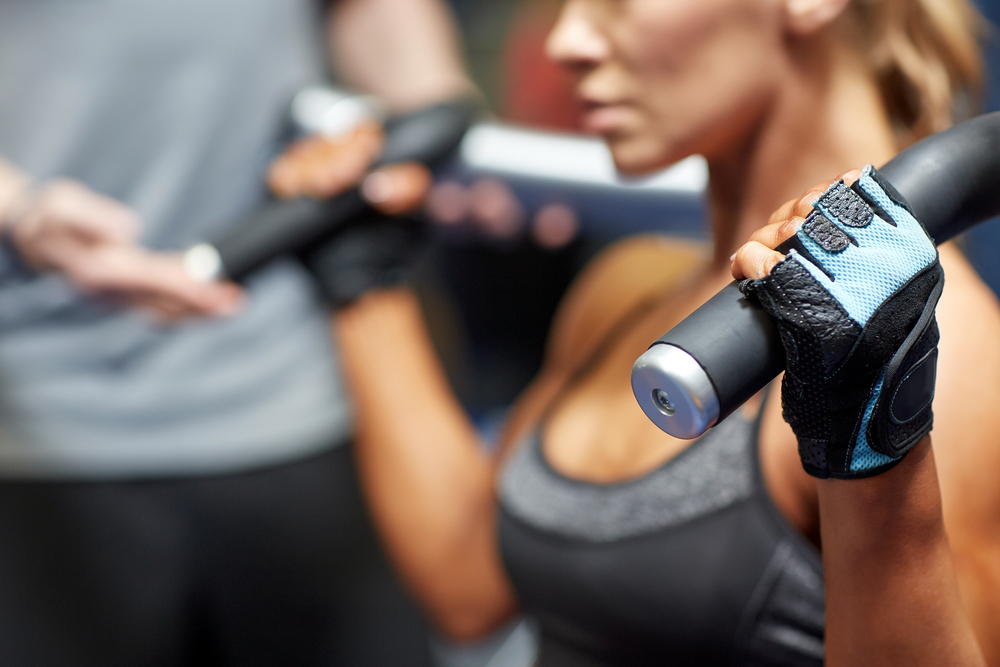
High-energy resistance training
Example: weight training, HIIT (high intensity interval training), Crossfit, spinning
These workouts require more energy for resistance, and will be putting several muscle groups to the test.
You need healthy proteins and fats that are easy to digest, and complex carbs that will release a steady stream of energy. Try eggs on wholewheat toast, grilled chicken breast and steamed vegetables, or a bowl of oatmeal.
Eat two hours before your workout, and be sure you don’t eat too much so you don’t get an upset stomach.
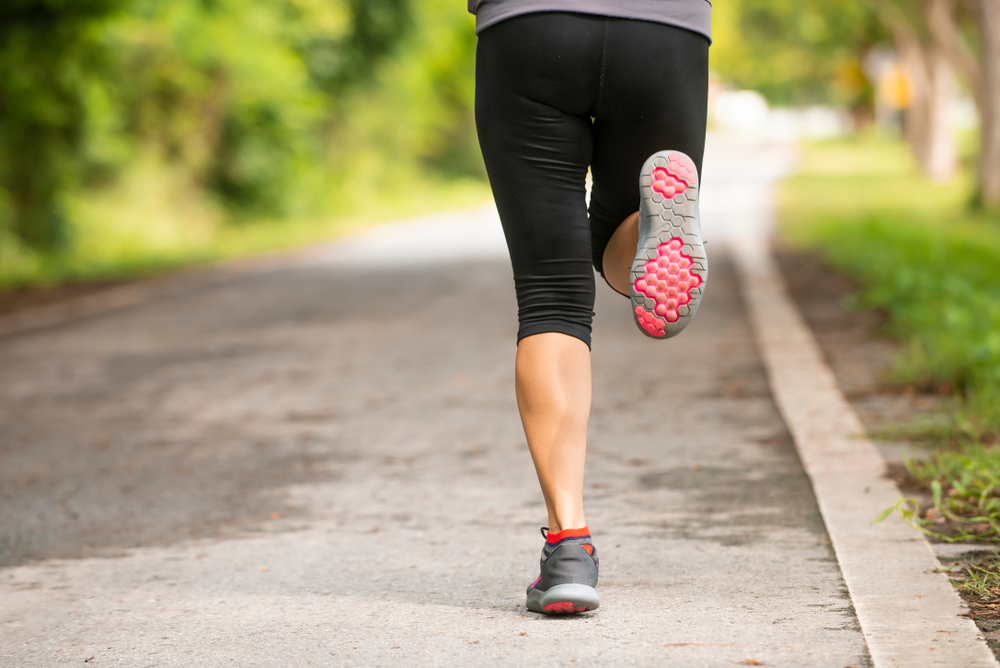
Cardio workouts
Example: dance classes, running, sports like basketball or tennis
Unlike resistance training, you don’t need as much proteins — just a ready supply of energy. You need a small portion of complex carbohydrates, like a banana or a green smoothie. Granola bars are convenient, but nutritionist Eva Riley says that these may contain hidden sugar, salt and fat. “Just eat a small handful of nuts or a small bowl of instant oatmeal. It’s just as easy and more natural and healthy.”
For longer cardio sessions like distance running, or combination cardio workouts (like a long treadmill session followed by light weights), eat heavier meal two before. It should be a complex carb with a little protein, like a tuna and wheat sandwich or a salad with a few slices of chicken breast.
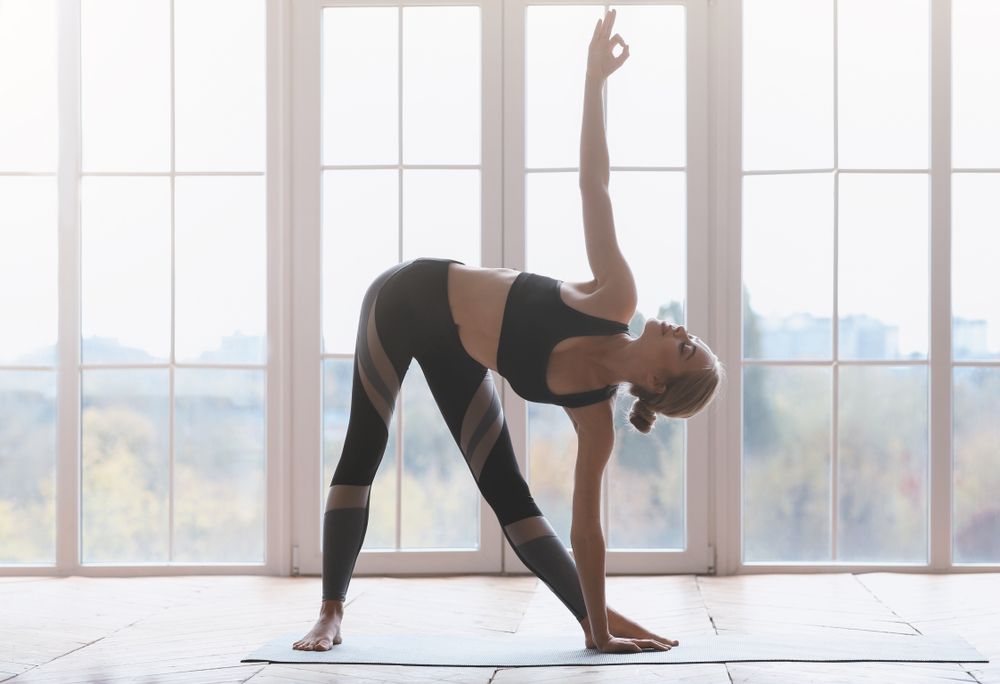
Low-intensity workouts
Example: yoga, pilates, barre
You don’t really need a pre-workout meal. You can get all the nutrients from your regular balanced diet. Just refrain from eating anything two hours before so you have time to digest your food before all that stretching.
10 Tips for Pre-Workout Snacks
Mind your portions
Most people eat too much! For example, you only really need half a sandwich (about 200 calories) to sustain you through a workout. If you eat the whole thing, you’ll be sluggish and derail your diet. The same goes for smoothies: a tumbler is usually enough for two servings, so drink half before your workout.
Time your snack
The ideal time for a pre-workout snack is between 30 minutes to three hours before your workout. That way, you’ve digested your food but you haven’t used up all the calories yet.
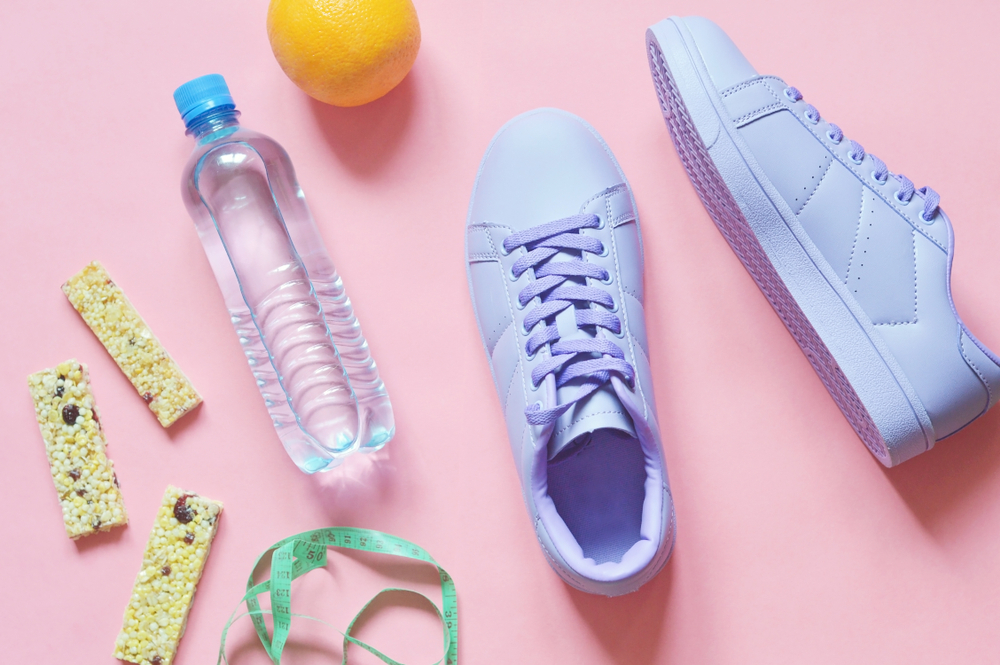
Eat real food
Rather than a pill or a commercial granola bar, prepare your own snacks and shakes. It’s cheaper, natural, and more emotionally satisfying. “In my experience, people who eat real food rather than meal replacements tend to stick to their workout and weightloss goals. Real food has more color, texture and different flavours. You enjoy your meal, can choose food according to your personal tastes, and satisfy cravings in a healthy way,” says trainer and weightloss coach Samantha Barnes.
Stay hydrated
Dehydration affects energy levels and contributes to muscle cramps and spasms. Drink about two cups of water two hours before your workout, and one cup of water 10 minutes before you start.
Take about half a cup of water every 15 to 30 minutes if you’re doing intense physical activity (ex: you’re sweating profusely). Otherwise, small sips of water can be enough. You don’t want to feel too bloated or break your routine with too many water breaks.




